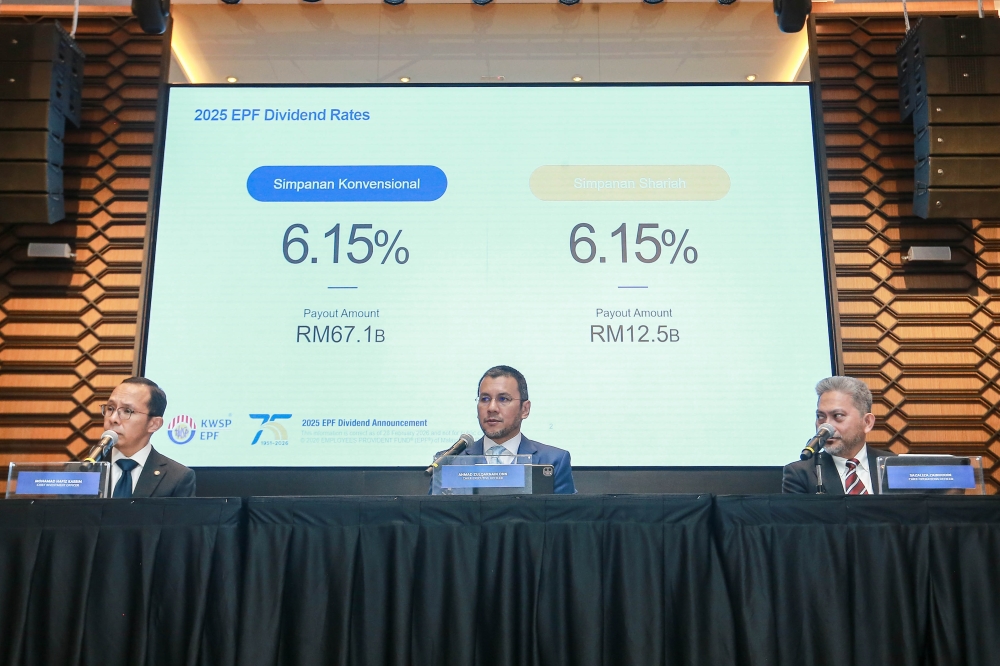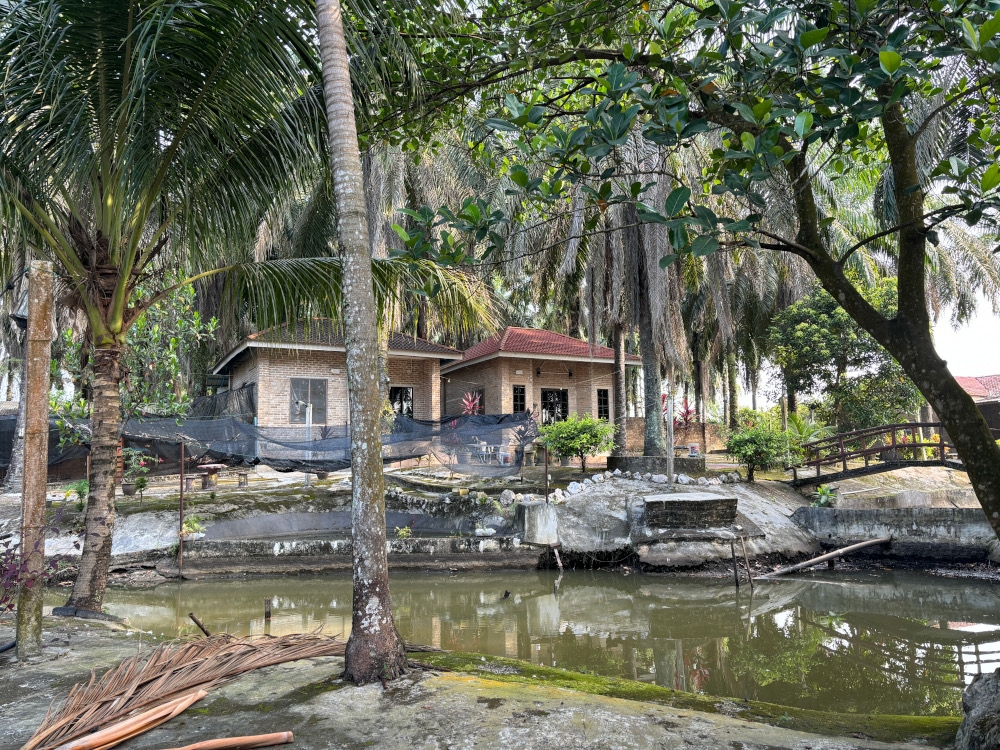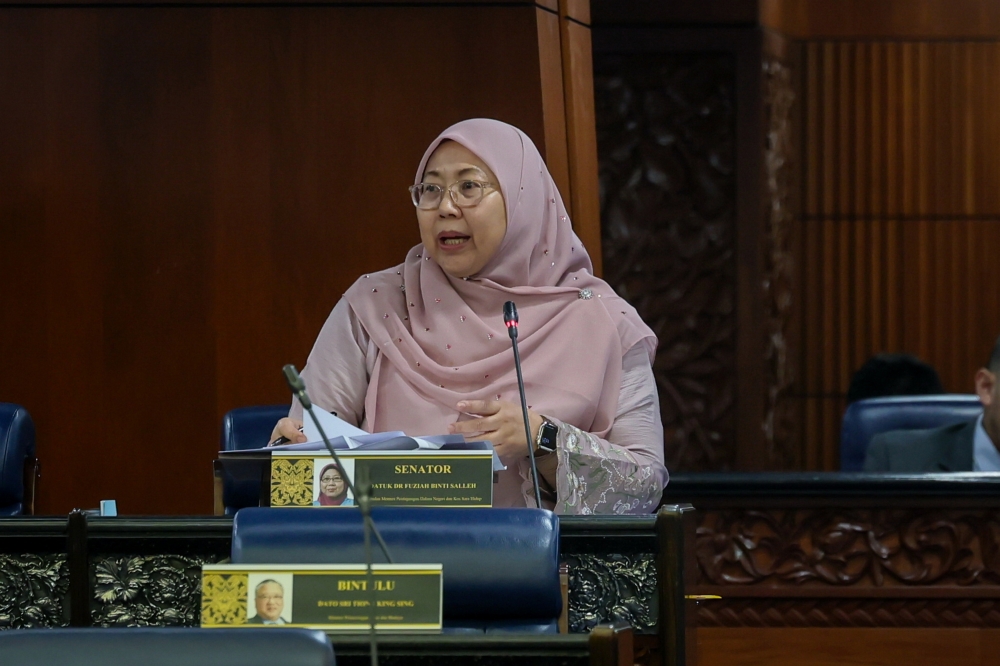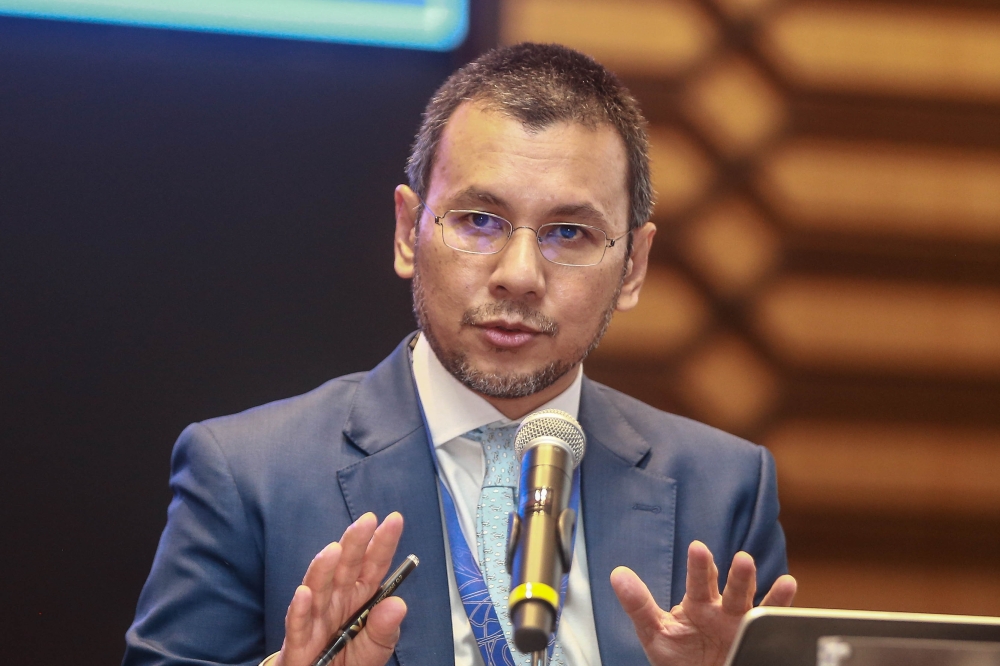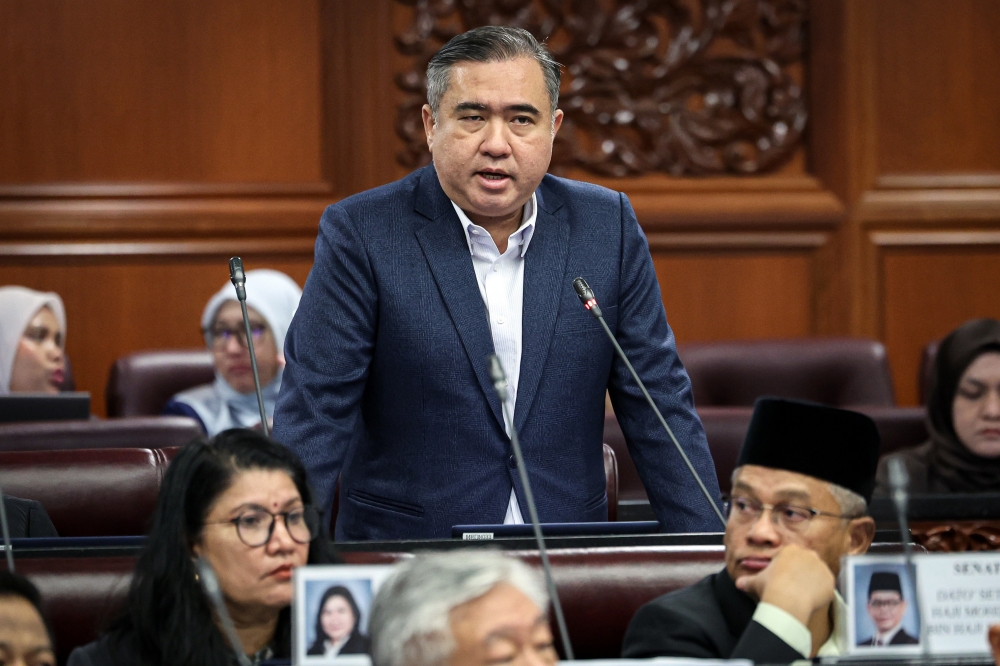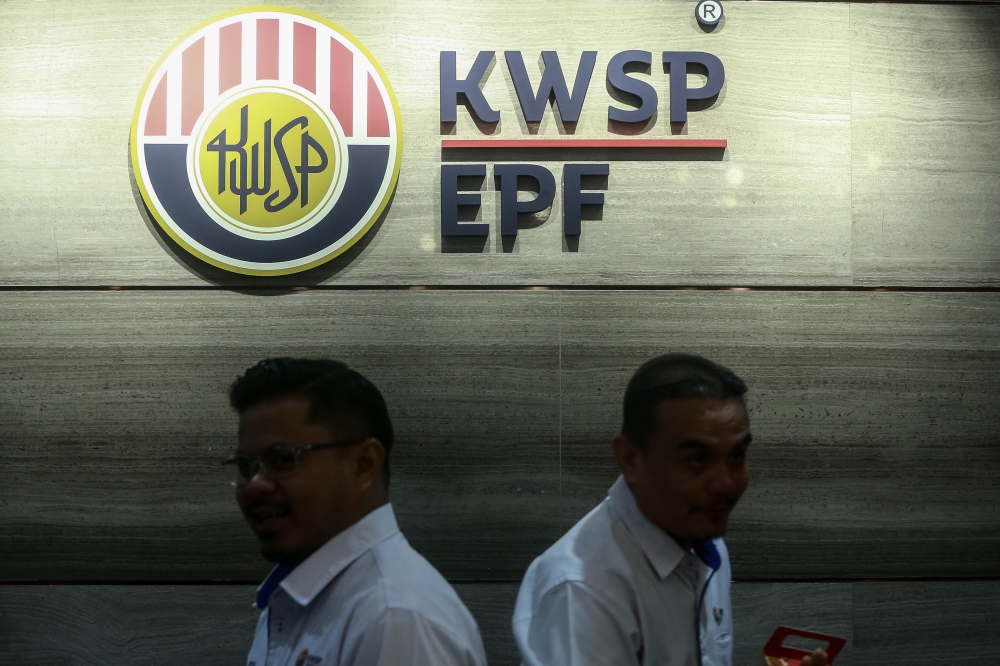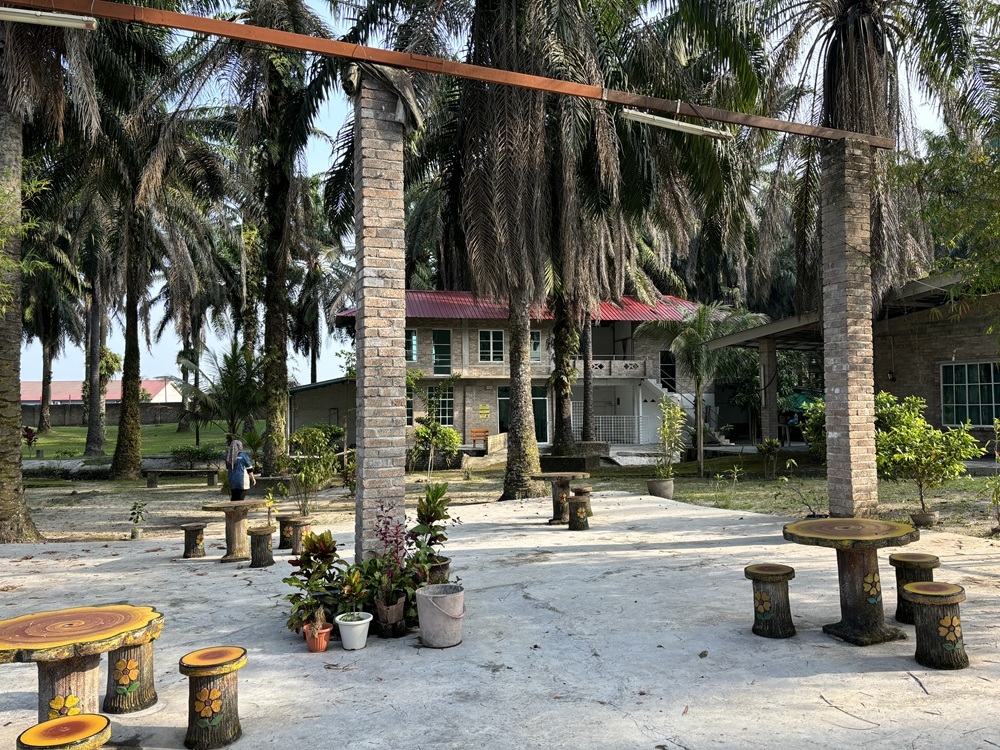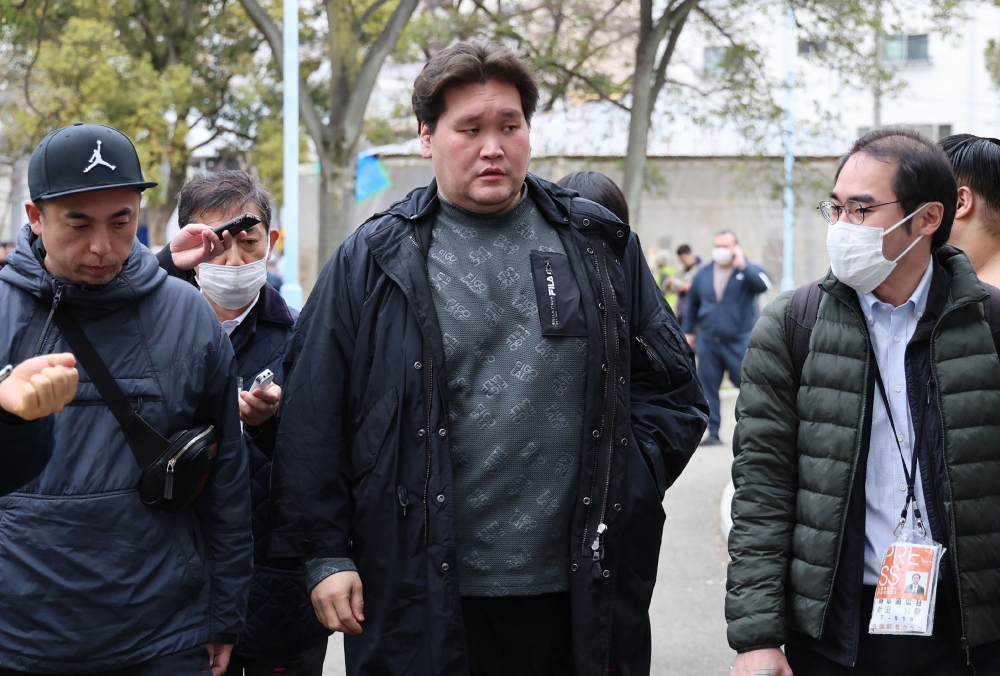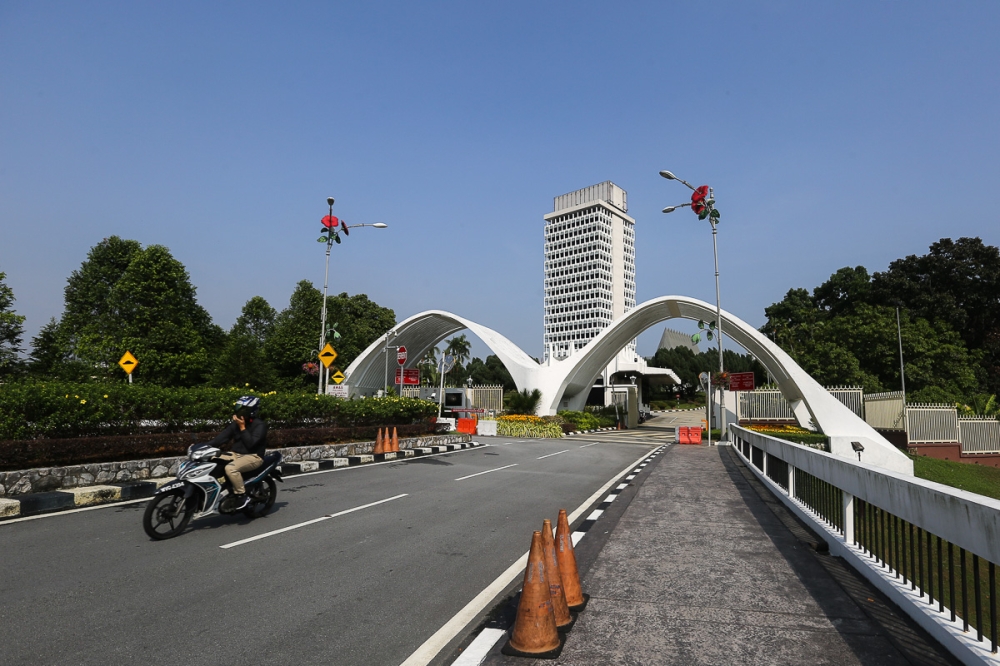FEBRUARY 26 ― Negative perception towards Technical and Vocational Education and Training (TVET) programme as the second choice in conventional academic education should be eliminated.
Low wages, dirty work, unattractive, uneducated, not “glamorous”, are among the negative views of the society when TVET programme was introduced.
In the 2020 budget, allocations for TVET programme is RM5.9 billion, more than RM200 million the previous year. It shows the seriousness of the government to empower the TVET programme.
TVET is an education and training that provides knowledge and skills to get a job. The TVET education process is more towards industries that require highly trained and skilled workforce.
The emergence of the TVET programme creates new hopes for Malaysia. Because education based on theory alone cannot benefit the youngster to get a job.
Right now, more than 1,200 institutions offer TVET programmes with an enrolment of over 200,000 students. Former deputy human resources minister, Datuk Mahfuz Omar, said that TVET is an investment, not an expense.
When it comes to investment, the important things to consider are the return on investment and the investment period. If TVET is an investment, how to see the results?
TVET restructuring
The concept of restructuring shouldn’t focus on education in schools or institutions of higher learning alone. In the past few years we have often heard from various parties urging the realignment of school subjects with industry requirements.
The result of this restructuring certainly cannot be seen in a short period of time. Various aspects need to be examined, explored and scrutinized in order to see its relevance with present and future needs.
Former education minister, YB Maszlee Malik, established the National TVET Coordinating Body, a single and uniform entity that unifies TVET under one roof to make it a more competitive system.
This is an initiative that should be continued so that there is no confusion and outside interference as a reference for this TVET programme.
This restructuring also should be in line with Malaysia Education Blueprint 2013-2025 and the 12th Malaysia Plan (RMK-12), which will be presented in the middle of this year to ensure the country's workforce requirement can be met for the short and long term.
Trainer accreditation
TVET programme should be seen as not only a channel to process and produce local talent, but also as an engine of national development. And in order to develop this engine, it requires a specialist engine maker ― a competent trainer.
This trainer is responsible for developing students' interests, talents and abilities. They also must be responsive to any kind of technological change that is taking place in the industry so that technology trends are not outdated when taught to TVET students.
Moreover, with many TVET training centers emerging, the trainers for these TVET training centers must be fully qualified and competent. Formal recognition is required so that the trainer is not just pursuing a profit.
Experience of working in the industry is an advantage to the trainer. If a trainer is lacking in experience, it is difficult to provide knowledge and skills that are relevant to the industry.
Thus, the role and competency of trainers are very important to produce a skilled workforce that is well-suited to the needs of the country's development and can be implemented properly and effectively. Suitable training curriculum for trainers should include competency categories that sharpen trainers’ talents.
Recognition is not only for trainers, but also the whole teaching staff and the learning modules so that all remain competitive in a labour market that is constantly changing. Technologies such as artificial intelligence (AI), Internet of Things (IoT), Big Data and the fourth industrial revolution (4IR) have changed the landscape of human life.
The Human Resources Development Fund (HRDF) under the Ministry of Human Resources (MoHR), as well as several other government agencies such as the Department of Labor (JTK) have full authority in accrediting TVET training centres and they need to be more active with strict enforcement on recognising the body that runs the TVET programmes.
TVET Malaysian version
Germany has a dual-training education system to empower TVET and it has successfully brought the German education system to a new level, in which the system has been adopted by several countries, including Malaysia.
With the allocation of RM 5.9 billion, I suggest that MyTVET ― the Malaysian version TVET ― is created, with the cooperation and collaboration of the education system from abroad that is adjusted according to the needs and culture of work in Malaysia.
This implementation should be more systematic, covering all aspects and inclusive, regardless of the level of education of a student as long as they have the elementary school certificate.
The current "lab rat" era needs to stop. The modular implementation of TVET programmes needs to be developed, designed and implemented as soon as possible. Whether it will be taught in Bahasa Malaysia or English, the development and progress of the country is no longer dependent solely on the human capital that is knowledgeable, but also highly skilled.
If changes are not made immediately, the country is feared to be incompetent globally and will fall behind.
* Amir Jalal is a Research Associate at EMIR Research, an independent think tank focused on strategic policy recommendations based on rigorous research.
** This is the personal opinion of the writer or publication and does not necessarily represent the views of Malay Mail.

